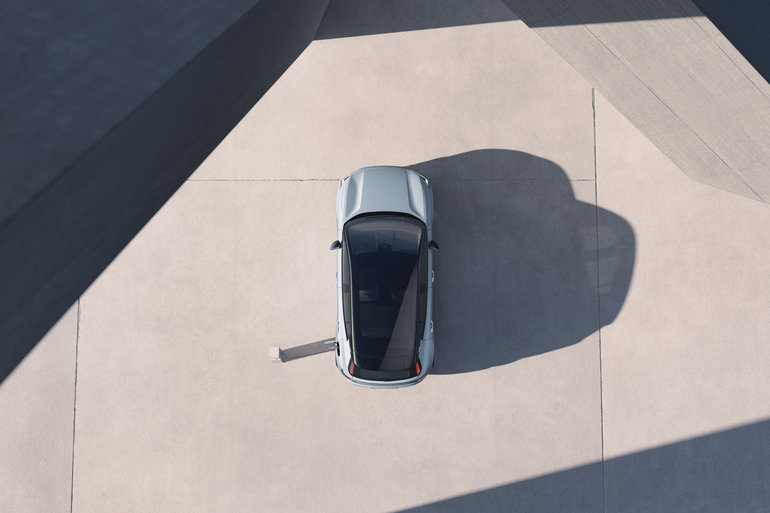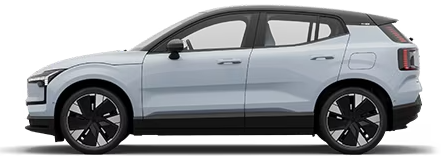Volvo Cars' Strides Toward a Sustainable Future
November 30 2023,

As the global community anticipates the COP28 climate summit in Dubai, Volvo Cars has announced a significant escalation in their climate action efforts. The company has set an ambitious target to reduce CO2 emissions per car by 75% by 2030, taking a major step beyond its previous goals and aligning with broader environmental initiatives.
Electrification and Emissions Reduction
A cornerstone of Volvo's strategy is the transition to fully electric vehicles. The company's commitment to reduce CO2 emissions per car by 40% between 2018 and 2025 is already bearing fruit, with a 19% reduction achieved in the first nine months of 2023 compared to the 2018 baseline. This forms a part of Volvo's broader goal to sell only electric cars by 2030, thereby eradicating tailpipe emissions from their lineup.
Innovative Materials and Partnerships
In a move to reinforce its environmental commitments, Volvo has joined the World Economic Forum’s First Movers Coalition. This aligns with their efforts to invest in emerging clean technologies, particularly in the production of near-zero emission aluminum. Furthering their sustainable material use, Volvo has partnered with SSAB, a Swedish steel producer, to explore the use of near-zero emission steel in the automotive industry. Volvo plans to implement this material in their car production by 2026.
Progress in Electrification and Operational Sustainability
Volvo has shown tangible progress in electrification with the launch of the fully electric EX30 SUV, designed to have the lowest carbon footprint of any Volvo car to date. During the first nine months of 2023, electric vehicles represented 16% of Volvo's total sales. Additionally, the company is moving away from internal combustion engines, with the last diesel-powered car scheduled for production in early 2024. Volvo has also ceased R&D investments in new internal combustion engines.
Comprehensive Approach to Carbon Reduction
Beyond vehicle emissions, Volvo is focusing on reducing CO2 emissions in its supply chain and operations. The company aims to lower these emissions by 30% each by 2030, compared to a 2018 baseline. Significant strides have been made, with Volvo achieving 100% climate-neutral electricity in all its plants globally and transitioning to biofuel for a significant portion of its ocean freight, leading to a substantial reduction in CO2 emissions.
Conclusion
Volvo Cars' robust approach to addressing climate change is evident in its ambitious emissions reduction targets, commitment to electrification, and strategic partnerships for sustainable materials. By encompassing both product innovation and operational changes, Volvo is demonstrating a comprehensive and proactive stance in the automotive industry's journey toward environmental sustainability.





















